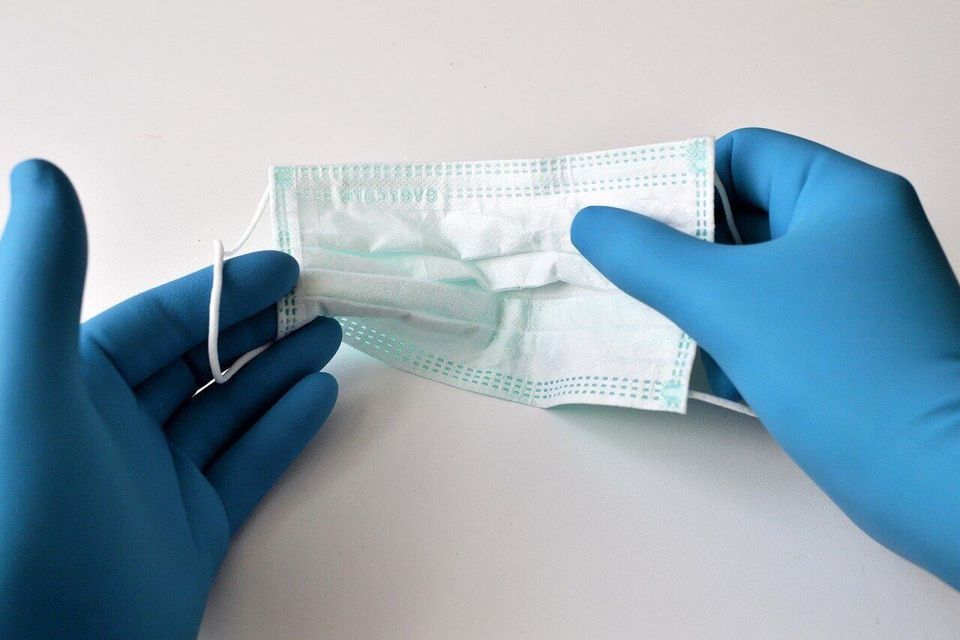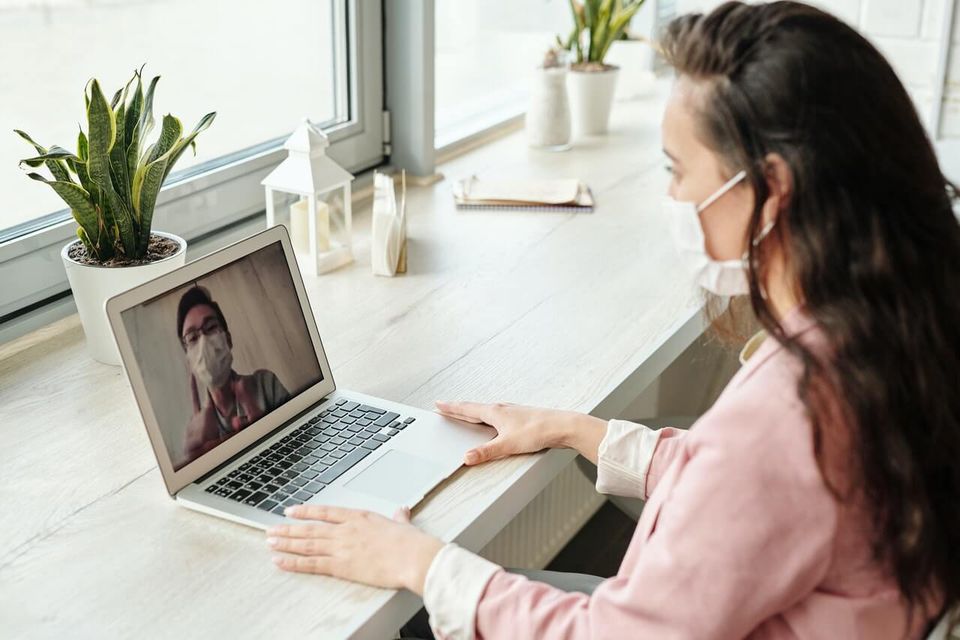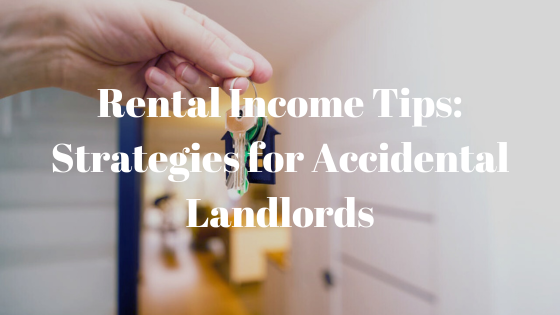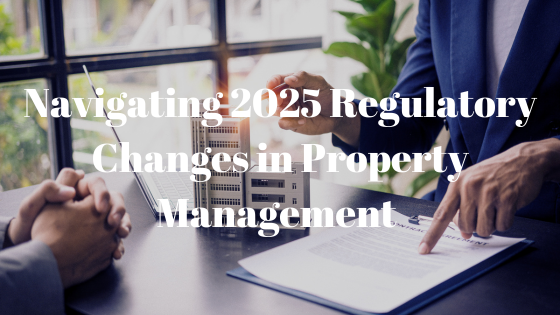Best Practices for Landlords During the Coronavirus Pandemic
Derek Dawson • May 30, 2020
How are you planning on handling the COVID-19 outbreak?
In this article, we will explore all the best practices that you should follow in order to help you and your renters stay safe during the COVID-19 outbreak.
Take Note of the Changing Legal Landscape
Legislative action is being taken to mitigate the social and economic damage of the COVID-19 pandemic. Laws and regulations are being changed and modified daily. This is likely to affect your rental property. Therefore, it's crucial that you keep yourself up-to-date with the changes and comply with them.
For this reason, we recommend that you revise your lease agreements. You may also want to review the financial side of your investment.
Enforce Rigorous Hygiene Measures
Having strict hygiene measures will protect you from contracting the virus and will limit its spread. When conducting repairs and maintenance in your tenants' units, which is also notable in preventing tenant damages, you must follow a rigid hygiene protocol.
Here are some of the things you must do to prevent the spread of the virus:
- Disinfect all surfaces: Since many types of surfaces can harbor COVID-19, you need to sanitize all the contact surfaces after finishing your upkeep tasks. Pay special attention to keyboards, touch screens, doorknobs, and light switches.
- Wash your hands: Frequent hand washing is fundamental. Often underrated, proper handwashing techniques can curb the spread of COVID-19. It's crucial that you use warm water and soap for at least 20 seconds. This is the most effective solution. Though, if water is not available, use alcohol-based hand sanitizers. Ensure that they are at least 60% alcohol.
- Wear face cloths: Medical facemasks should be left to first responders, caregivers, healthcare workers, infected people or people who have reason to believe they’re infected. That said, the new guidelines by the CDC state that people should wear cloth face coverings. These coverings will protect others from getting infected should you silently carry the coronavirus.
- Wear gloves: You should have enough gloves for attending to basic maintenance and repairs. After finishing a task or entering a rental unit, put on a new pair of disposable gloves. Also, be sure to get educated on the right way of donning and doffing your gloves.
Evaluate the Type of Information You Share
Sharing practical COVID-19 knowledge with your tenants is a good idea. That said, it's necessary to check the source of your information before sharing videos, podcasts, or articles with your renters.
Information should be questioned if:
- You haven't heard about the website or social media channel before
- There are no credible sources to back it up
- The news seems either “too bad” or “too good” to be true
Many companies are trying to benefit from publishing and sharing false information. The exposure they’re getting is providing them with financial profit from online advertising. That’s why the spread of rumors and misinformation is at an all-time high.
When reading and sharing information concerning COVID-19, you should refer to official sources. For instance, the Centers for Disease Control and Prevention
(the CDC) homepage has up to date and accurate information on the latest guidelines. You can also get informed by your city or state health authorities
as well.
Deliver Excellent Ongoing Communication
This is the right time to evaluate your tenant communication plan. The current situation calls for even higher standards than usual. Aim to provide ongoing communication that is supportive, friendly, and transparent.
Your tenants are likely to worry about their safety. Reassure them that you’ll adhere to all the current safety guidelines. Let them know that you and your partners will be extra careful when entering their homes for servicing. You can also explain that if there is a minor request, you can try to help them fix it over the phone rather than being in close proximity to them.
Additionally, clearly communicate your commitment to providing a quick response in times of emergency. Fires, floors and major gas leaks will be taken seriously and dealt with quickly.
Reassure your renters that you will answer their messages, emails, and calls as quickly as possible.
Revise & Adjust Your Plans
The COVID-19 pandemic unfolds in real-time. It's important to retain flexibility and readiness to change your plans when confronted with new information.
Consider multiple outcomes and possibilities to make long-term plans. This is the right time to grow your financial reserves. Make smart decisions that let you reap benefits from your investment in the future.
Explore the Option of Hiring a Property Manager
At Dawson Property Management, we abide by all the principles laid out in this overview of best practices. Hire us as your property management partner to enjoy the accompanying legal support and full compliance with all the COVID-19 safety regulations.
Contact us today to learn more about what we can do for your property management needs and how our team can help you grow your investment!










